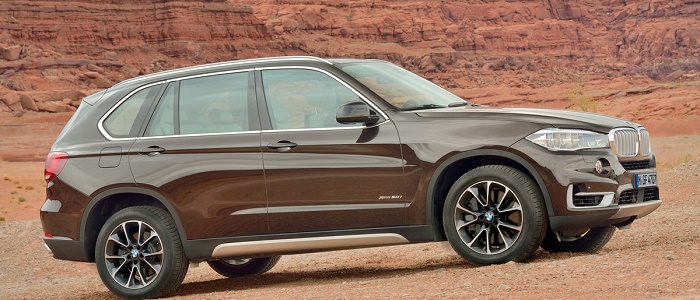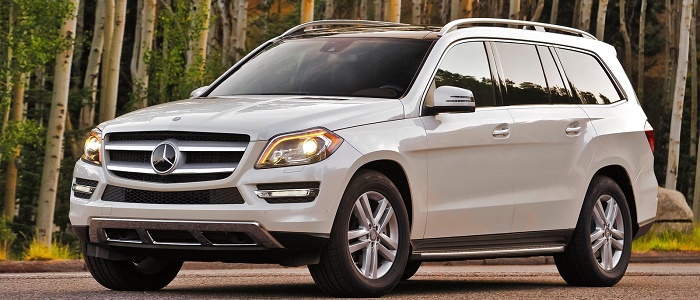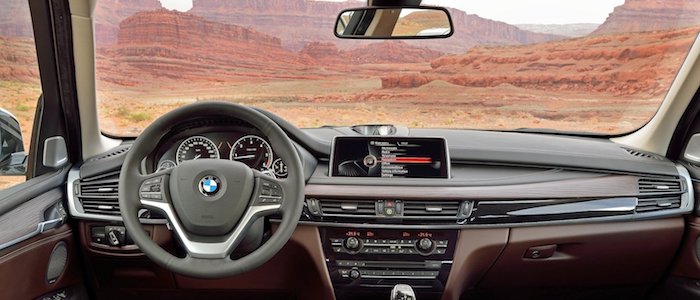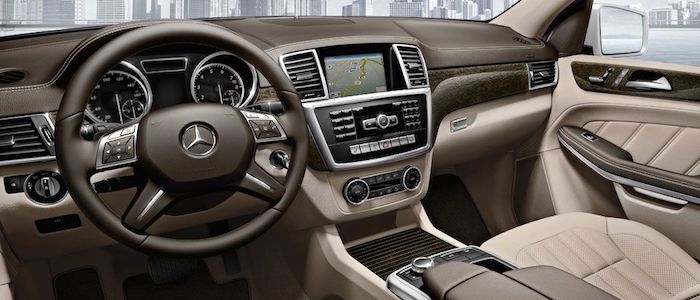Compare two cars
Compare any two cars and get our Virtual Adviser™ opinion
Dimensons & Outlines
Check vehicle history
Engine
3.0 OM642 LS DE30 LA
Performance (manual gearbox)
Performance (automatic gearbox)
Expenses
Virtual Adviser's™ opinion
Two significantly similar cars, no doubt about that. Still, each one has something different to offer. Having both cars powered by diesel engines and utilizing the 5-door suv body style within the same 'SUV' segment, the only major difference here really is their wheel drive configuration (rear for the BMW and 4 x 4 in the case of the Mercedes Benz). The first one has a BMW-engineered powertrain under the hood, a 4-cylinder, 16-valves 218hp unit, while the other one gets its power and torque from a 6-cylinder, 24-valves 258hp engine designed by Mercedes Benz.
SafetyUnfortunatelly, neither of the two vehicles was submitted to the European New Car Assessment Programme (Euro NCAP) testing. This makes it virtually impossible for me to pick one over the other and I'm generally against buying such cars as the safety should really always come first. Moving further on, let's take a closer look at some additional safety-related facts. Both vehicles belong to the suv segment, which is generally a very good thing safety-wise, but that fact doesn't break the tie between the two cars. On the other hand, if we'd like to consider vehicle mass in this context too, which we definitely should, Mercedes Benz GL offers a considerable difference of 24% more metal.
ReliabilityI don't like generalizing things when it comes to reliability, although it does seem that both brands display similar results in faults and breakdowns, when all the models are taken into account. These are the results of an independent reasearch, while our visitors describe reliability of BMW with an average rating of 4.1, and models under the Mercedes Benz badge with 4.3 out of 5. The same official information place X5 as average reliability-wise, and GL is more or less at the same level.Above it all, drivers of cars with the same engine as BMW X5 rank it on average as 3.3, while the one under the competitor's bonnet gets 2.5 out of 5.
Performance & Fuel economyMercedes Benz is a bit more agile, reaching 100km/h in 0.3 seconds less than its competitor. In addition to that it accelerates all the way to 220 kilometers per hour, exactly the same as the other car does. When it comes to fuel economy the winner has to be BMW X5, averaging around 5.6 liters of fuel per 100 kilometers (50 mpg), in combined cycle. We can't ignore that 32% difference compared to Mercedes Benz GL.
Verdict
Mercedes Benz appears just a bit more reliable, although the difference is truly marginal. The most important thing when deciding between any two vehicles should always be safety, both passive and active. In my opinion, everything taken into account, Mercedes Benz GL offers significantly better overall protection, taking the lead here. It all continues in the same direction, with Mercedes Benz offering somewhat better performance, just enough to call it quicker. It does come at a cost though, and that's the fuel consumption... It's really tough to make a final decision here, but if I'd need to, I'd say BMW. Nevertheless, let's not forget that people have different preferences and needs, so what really counts is your personal feel. I'm only here to help. Also, you could use the oportunity to find out which car, everything taken into account, would be the perfect choice for you in the eyes of the virtual adviser™, among thousands of similar, yet so different vehicles.


































